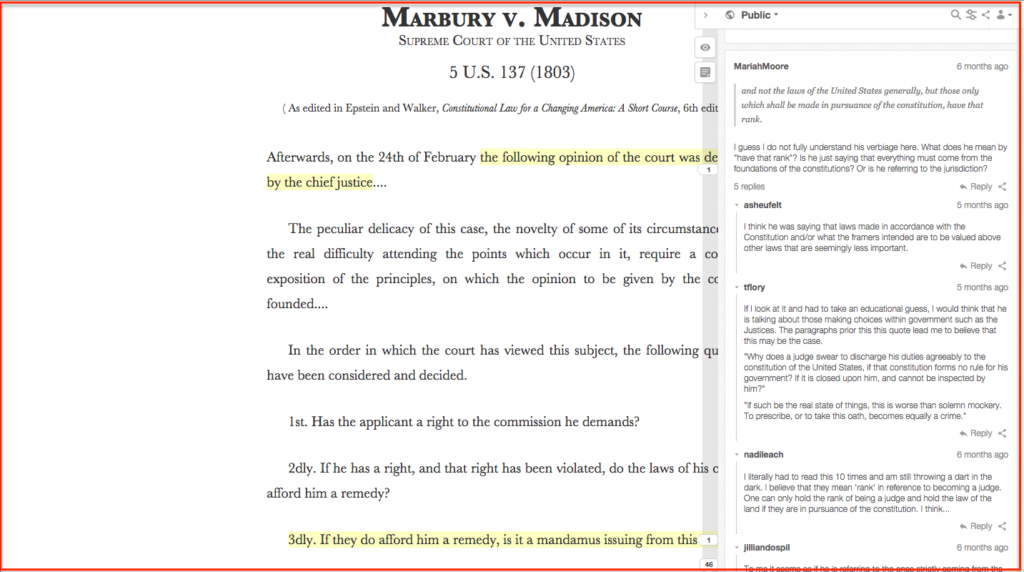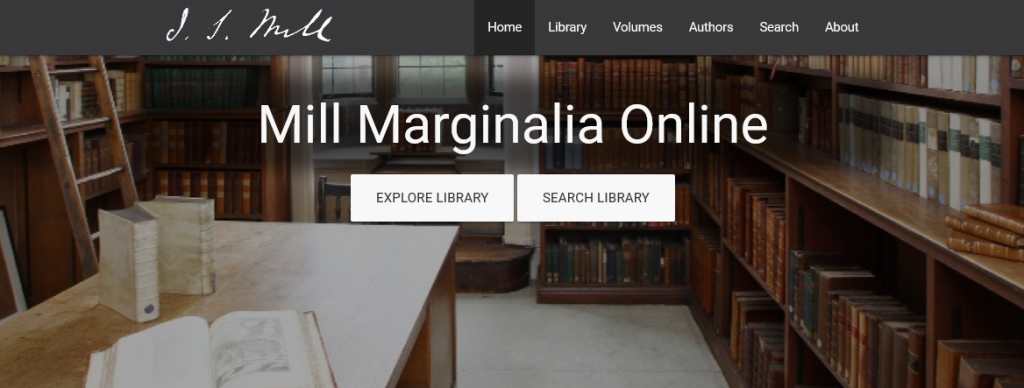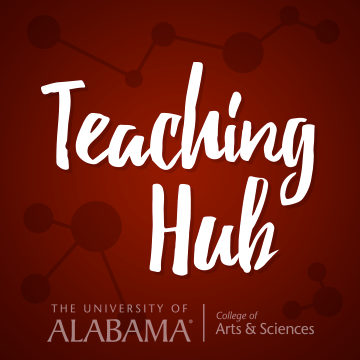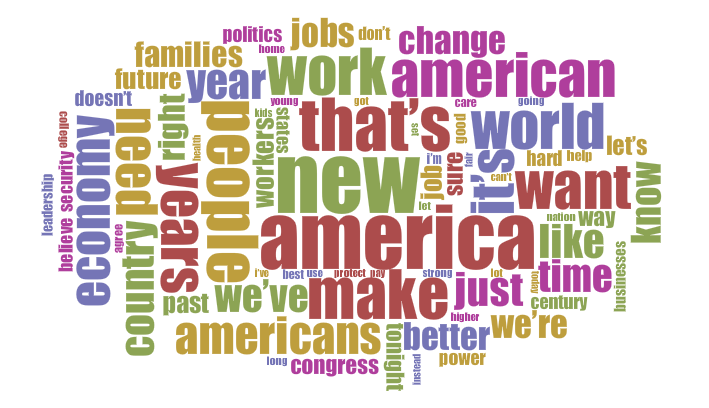by Amy Dayton and Amber Buck, English On campuses across the US, faculty, administrators, and students alike are talking about ChatGPT. If you haven’t heard, ChatGPT is an artificial intelligence tool that mimics human conversation and writing using predictive text. It can expound on almost any topic, from climate change to literary criticism. It can write emails, sonnets, stories, and brochures. It can suggest revisions to specific sentences and phrases (such as resume bullet points). And it can write academic […]
Read More from The Rise of ChatGPT Can Make Student Writing Better








